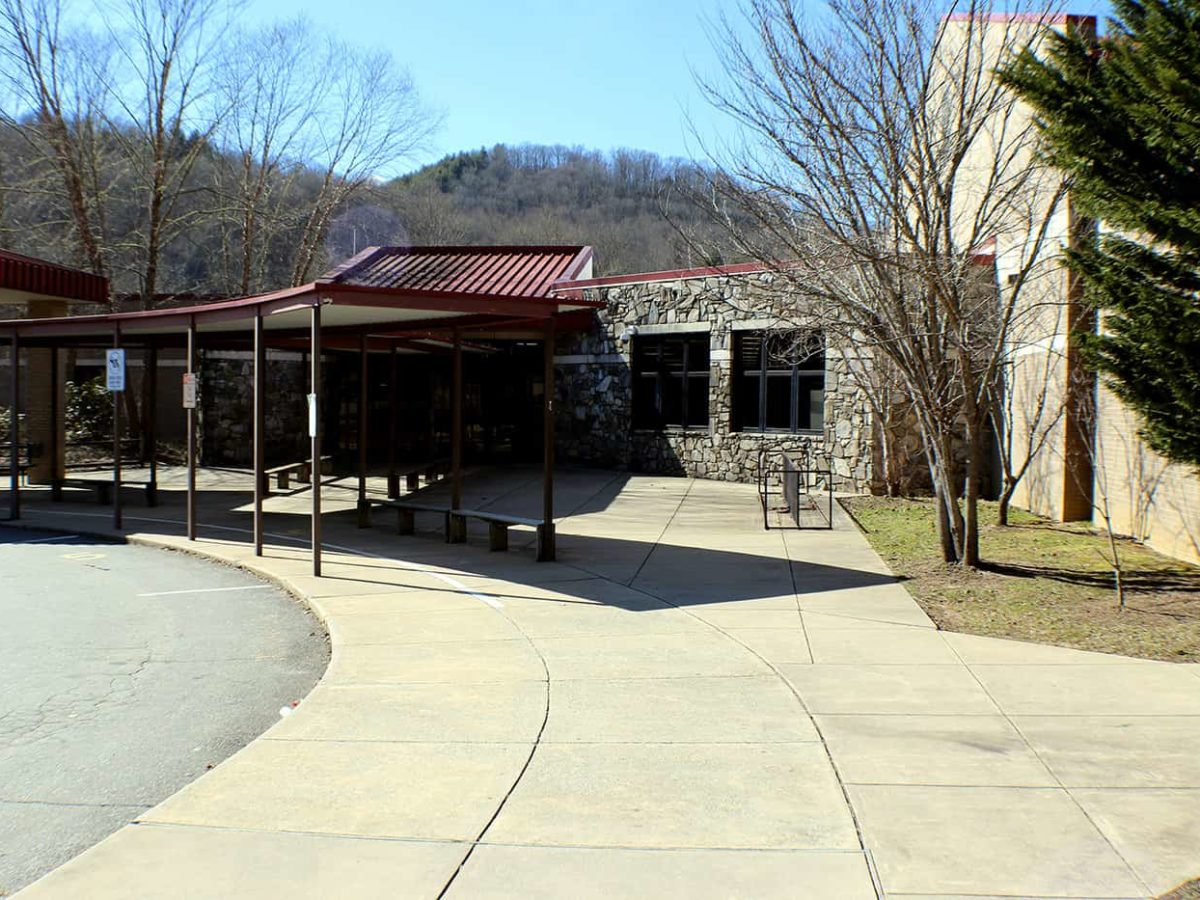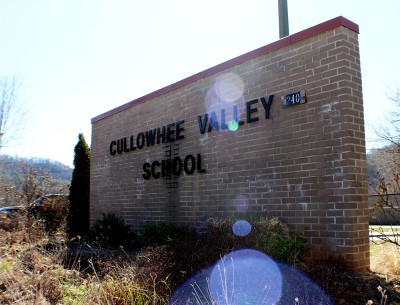

Eight years after the most severe economic crisis since the Great Depression, our country is at a crossroads. As political power continues to be concentrated in the hands of an elite donor class, the economic rules are increasingly shaped to maintain and expand the wealth of these oligarchs. As inequality has widened, the foundation of economic opportunity has withered.
Too many of us have suffered from the sobering reality of an American educational system that is falling behind internationally and leaving students behind economically. From its conception, America’s sacred economic covenant was that everyone, regardless of background, could achieve prosperity through a little hard work. Now, however, the American dream appears more like an increasingly elusive ideal than the central promise of a country to its citizens.
In my view, in the 21st century, America has failed to respond to domestic crisis with the same urgency, pragmatism, and unity that has characterized its illustrious history. This election, we can either continue down a road to ruinous inequality and division along partisan, racial, and national lines, or we can look to recreate political and economic systems based upon the country’s core value of equality.
The American dream is based on equality of opportunity, of which education is an essential piece. In the modern economy, which has been plagued by the disappearance of middle class manufacturing jobs, there is a sharp divide between low-skill, low paying service jobs and high-skill, high paying employment. However, as this divide has grown and skills have become increasingly necessary to survive economically, education in America has started to deteriorate. Funding has disappeared in the face of revenue shortages, tuition has skyrocketed, and student debt has exploded. Our country needs higher-education reform to erase the issue of student debt as a deterrent to qualified students and burden on graduates looking to start businesses and buy houses.
Our primary education system needs an overhaul too, as the litany of tests and lack of vocational training has disengaged students and failed to adequately prepare them for employment after high school. Inadequate teacher pay has failed to attract the best and brightest to the public sector to mentor our nation’s future workers and innovators. The achievement gap has meant that historically disadvantaged groups have faced disproportionate barriers to success and suffered perpetual poverty. When human capital receives inadequate investment, our economy fails to achieve its highest potential. When economic success is tied to one’s background, society increasingly becomes divided into two classes and the capitalist system becomes unsustainable both politically and economically.
A few years before I began to attend Central Cabarrus High School it was redistricted to no longer include the rich suburb nearby. The suburb was then provided with a brand new school Hickory Ridge. This institution was staffed by the best teachers from Central Cabarrus and attended by the highest performing kids from my middle school. Central Cabarrus, built in the 1960s, was now exclusively representing poor suburban and rural communities along with a substantial minority population. The resulting decline of my high school was dramatic and resulted in the hiring of three different principals within the span of three years.
In class, I saw a lack of motivation amongst my peers. Their parents had grown up in this community and worked lower to middle class jobs straight out of high school. They were content with this lifestyle and left unchallenged in the absence of inspired teachers and motivated, high-performing peers. Unfortunately, a high school degree projects much lower future earnings for this generation than its predecessors. After graduating, many of my classmates went straight into the labor force or attended the local college and soon dropped out. Of 200 plus students in my graduating class, less than 10 graduated with honors and less than 10 attended a college outside the city of Charlotte. Conversely, Hickory Ridge sent many of its graduating class to top performing schools.
This tale of two high schools points to a substantial educational divide within communities.
Rather than promoting a land of equal opportunity and social mobility, America’s educational system perpetuates economic inequality. The system continually under provides for the poor while simultaneously ensuring the achievement of the children of the well-off. In America, a few miles can decide whether a child receives a proper education in a challenging environment or that child is left behind. In an economy in which skills are increasingly necessary for economic security, this is a dire reality.
Education is the cornerstone to both economic success and political stability. A functioning education system ensures that voters are informed and workers are productive and innovative. Proper education ensures that everyone can reach their true economic potential and human capital is allocated in its most efficient uses. If our country continues to undervalue education, especially in our budgetary priorities, then this great democratic and capitalist experiment will fail under the pressure of a divided populace, economic anxiety and economic inefficiency. Equality is not a zero sum game as some would have us believe; both rich and poor alike benefit from a system in which everyone has a fair chance to succeed and is guaranteed economic security.




